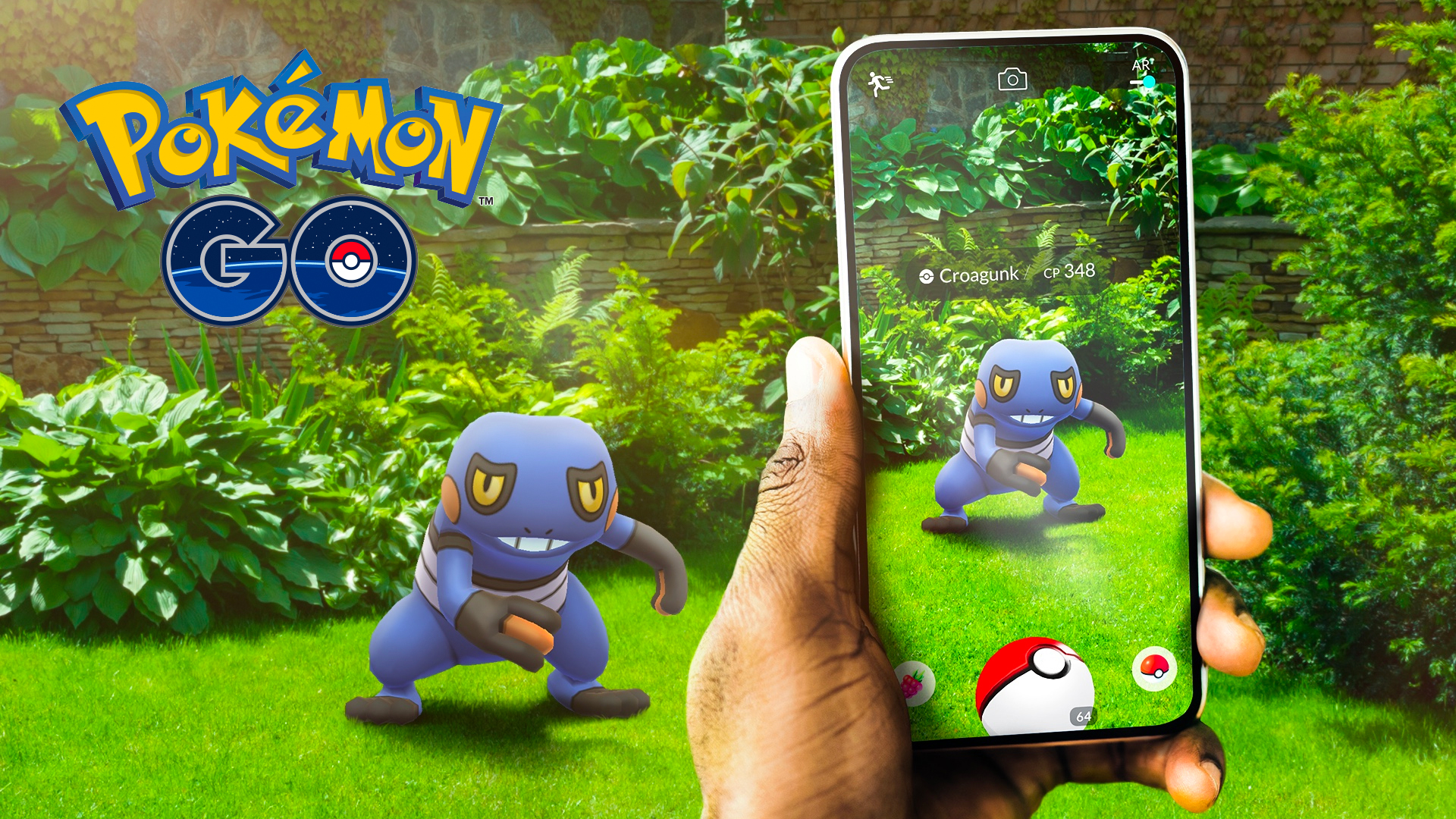Pokémon Go loophole bagged players mega cheap Pokécoin — and now some players face a 1000% price increase
“A significant increase in Turkish prices will only victimize Turkish players”

Players have been spoofing their location to Turkey in order to get Pokémon GO’s in-game currency for cheaper, so developer Niantic has increased prices across the region — and Turkish players aren’t happy.
As pointed out by a Turkish Pokémon GO player in an X thread, prices for the smallest number of Pokécoins have risen by 1300%, making the bundle nearly unobtainable for many players. It’s important to note that many video game marketplaces have localized prices for regions that have lower average wages. The average monthly wage in Turkey works out to just a couple of hundred American dollars (17000 Turkish Lira) when exchanged, which is how non-Turkish players were able to exploit the price discrepancy to get Pokécoins for cheaper. To counter this problem, Niantic has raised the price of the cheapest bundle from 2.69 TL to 39.99. That’s a jump from 0.08 dollars to 1.24 dollars. This might seem comparably small to US players but it is now more expensive to buy coins in Turkey than the U.S., despite the Turkish minimum wage being significantly smaller.
Non-Turkish Pokémon GO players could previously change the store location to access marginally cheaper Pokécoins, meaning only Turkish players who aren’t spoofing their location have to deal with the price increase. The X thread states: “The latest price adjustment in this game that we love, has made the game unplayable for all of us.” The tweet continues, pointing out that prices in Brazil have been adjusted to reflect “Brazilian economic realities” but some Turkish players are being priced out of paying for coins.
Why would someone buy Pokécoins?
Pokémon GO is one of the most popular mobile games ever. It’s an AR game where you walk around in real life to find, catch, and train Pokémon, with an engaging gameplay loop that has kept people coming back eight years after its launch.
While free-to-play, users can spend their own money to buy Pokécoins, which can be exchanged for items that can make you a better trainer. This could mean getting incubators to hatch eggs, storage upgrades to hold more Pokémon and items, or raid passes to access raids to catch rarer Pokémon. Though you can progress the game without spending money, buying Pokécoins makes it happen much faster.
The game isn’t made literally unplayable by this price increase, as it is technically entirely playable without spending money, but more serious players who want to take part in the latest raids will be left on the sidelines while players in other regions can still afford to buy Pokécoins. Like Pokémon Sleep punishing players for cheating before it, this is a profit-maximizing measure and Turkish players are left to deal with the changes, while guilty players could just change their IP address to another region once more.
More from iMore
- Pokémon Sleep hands-on preview: This may be what gets me into a healthy sleep pattern
- People can't even enjoy sleep anymore — Pokèmon Sleep littered with cheaters as popular sleep tracking app's develop calls for players to 'enjoy the app according to the rules
- Pokémon GO is about to get a lot more expensive to play — and fans are furious
Master your iPhone in minutes
iMore offers spot-on advice and guidance from our team of experts, with decades of Apple device experience to lean on. Learn more with iMore!
James is a staff writer and general Jack of all trades at iMore. With news, features, reviews, and guides under his belt, he has always liked Apple for its unique branding and distinctive style. Originally buying a Macbook for music and video production, he has since gone on to join the Apple ecosystem with as many devices as he can fit on his person.
With a degree in Law and Media and being a little too young to move onto the next step of his law career, James started writing from his bedroom about games, movies, tech, and anything else he could think of. Within months, this turned into a fully-fledged career as a freelance journalist. Before joining iMore, he was a staff writer at Gfinity and saw himself published at sites like TechRadar, NME, and Eurogamer.
As his extensive portfolio implies, James was predominantly a games journalist before joining iMore and brings with him a unique perspective on Apple itself. When not working, he is trying to catch up with the movies and albums of the year, as well as finally finishing the Yakuza series. If you like Midwest emo music or pretentious indie games that will make you cry, he’ll talk your ear off.

